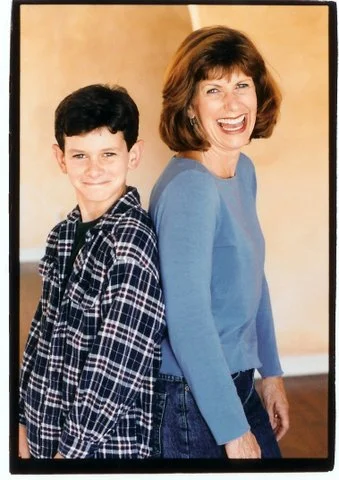The following interview is an excerpt from Judy Kain’s book, I Booked It:
Ross Lacy is one of the most successful commercial casting directors in Los Angeles. Here is what he has to say about commercial casting.
A casting director is hired by a production company or commercial director to find appropriate talent (actors or actresses) to audition for commercial projects and put them on tape for the director and clients to see. Every city with commercial products has a multitude of casting directors serving as the gatekeepers between the production company and an actor’s agent.
Once casting directors are hired for a commercial, they send a breakdown of all the spot’s roles out to agencies; the agents select clients who are right for the roles. The casting director then narrows down 2,500-3,000 submissions, choosing 50-100 actors to come in and read each role.
Relationships with casting directors are key for an actor to continue to work. Developing those relationships can take time.
Judy: What do you love about casting commercials?
Ross: I love casting commercials because they are fast-paced compared to a theatrical thing; I like the turn-around. A long job in a commercial is two weeks, and most jobs are four days. We got a call today to prep a job; we’ll cast on Tuesday and Wednesday and do callbacks on Friday. That’s typical.
Judy: What skills make a casting director?
Ross: In commercial casting, it is multitasking, especially now with the way we are casting online. It’s sooooo fast....and it’s a 24-hour job! It is constant emails through the night. You finally turn it off, and they’re waiting for you in the morning.
It really is constant, especially because you do production with companies overseas or with Australia and New Zealand. It keeps going and going, and the clients are so used to getting things right away now, that the pace is ramped up.
When I started 20 years ago, we used 3/4 -inch tapes, then DVDs, and now it’s posting. Clients didn’t use to expect that kind of speed and now they do.
So multitasking and keeping everybody happy are important. But ultimately the skill we need is knowing the talent. You need to know the talent, especially with the way things go so fast now, when they say, “Hey, we need x, y, and z right now!” To know the talent and the base, call the right agent and get those people in is super important.
Judy: Can you give us an overview of the casting process.
Ross: It starts when I’m put on hold for a job; usually it comes from a production company because it’s a director I work with. I don’t bid on the job.
Once the job awards, they send me specs and boards, and I get on the phone.
For me it is about contacts. I am starting a job with a new director I have been dying to work for, but it is because he has seen my work and he’d like to see those people and those faces.
Our work is a little bit of everything, not just one type of thing. We do beauty and comedy and dry spots and vignette spots. Each depends on looking at the director’s body of work-each director is different.
We talk about the specs and agree on what we’re looking for. I learned this from a director when I first started. He wanted a pretty girl for this commercial, and I kept bringing him in what I thought was pretty-but he really thought a pretty girl was a super tomboy type. It took me a couple days to figure that out, as he was getting madder about what I was bringing in.
I also equate casting as like a game of Telephone, because the ad agency has sold it, the client and the producer have approved it, then they talk about it to the director, and then the director talked to me. The dissemination of information changes every step of the way.
So part of it is knowing what this director thinks is pretty or what the spot needs. We get on the phone, we talk about the specs and try to figure it out so we get it right, and then I put a breakdown out online. I’ll say, “I want a banal cubicle worker, 30-35, all ethnicities,” and send it out to the agents. The agents submit their clients online, we go through the pictures and pick the actors we like or know or think would be right for the job.
It is a fine balance. Actors come in and say “My agent is not submitting me,” and they are angry at their agents, and no, your agent is submitting you. You just may not be right for what we are doing.
All actors think they are right for everything.
When we get 3,000 pictures for that role and we can only see 100 people, it is our job to cull it down. What you do is you have to balance it. Of the 100 that we will see, I bring in 30 whom I know and love, who may be a little exposed but I know they can do the job, and I know they are going to be great. I’ll also bring in 30 people I want to try out-new faces-because you want to continually show the director new faces, and also because it helps all of us.
We hold the auditions and have the actors come in, we videotape them and send the link to the director. They watch the link and they give us their selects. Out of the original 100, the agency and director each pick ten. We have a callback for those 20 people, and out of those 20, one person books it!
The number has gone from 3,000 to 100 to 20, down to one.
Judy: What about avails (backups)?
Ross: It depends on the job. We just did a huge Samsung job with 52 principals, so there was a backup pool of people so if we lose someone we can slot in.
In general , you will have a first choice, a backup and an alternate.
Judy: How much is personality and how much is talent?
Ross: It depends on the job. Some of the vignette stuff we do-when we do interviews and we just talk to people-it could be personality. If it is a dialogue piece, it comes down to training and improv skills.
I always laugh when someone says, “Oh my gosh, I would like to be in a commercials!” And I say, “Sure you would everybody, that’s why these people are training and go to improv classes all night long and they make it look easy-and it’s not!” The people who think it’s easy are mistaken.
Judy Kain is an author, actress and acting teacher in Los Angeles, California. Learn more about commercial auditions and receive personalized feedback from Ross Lacy Casting in Judy’s Advanced Callback Class.











